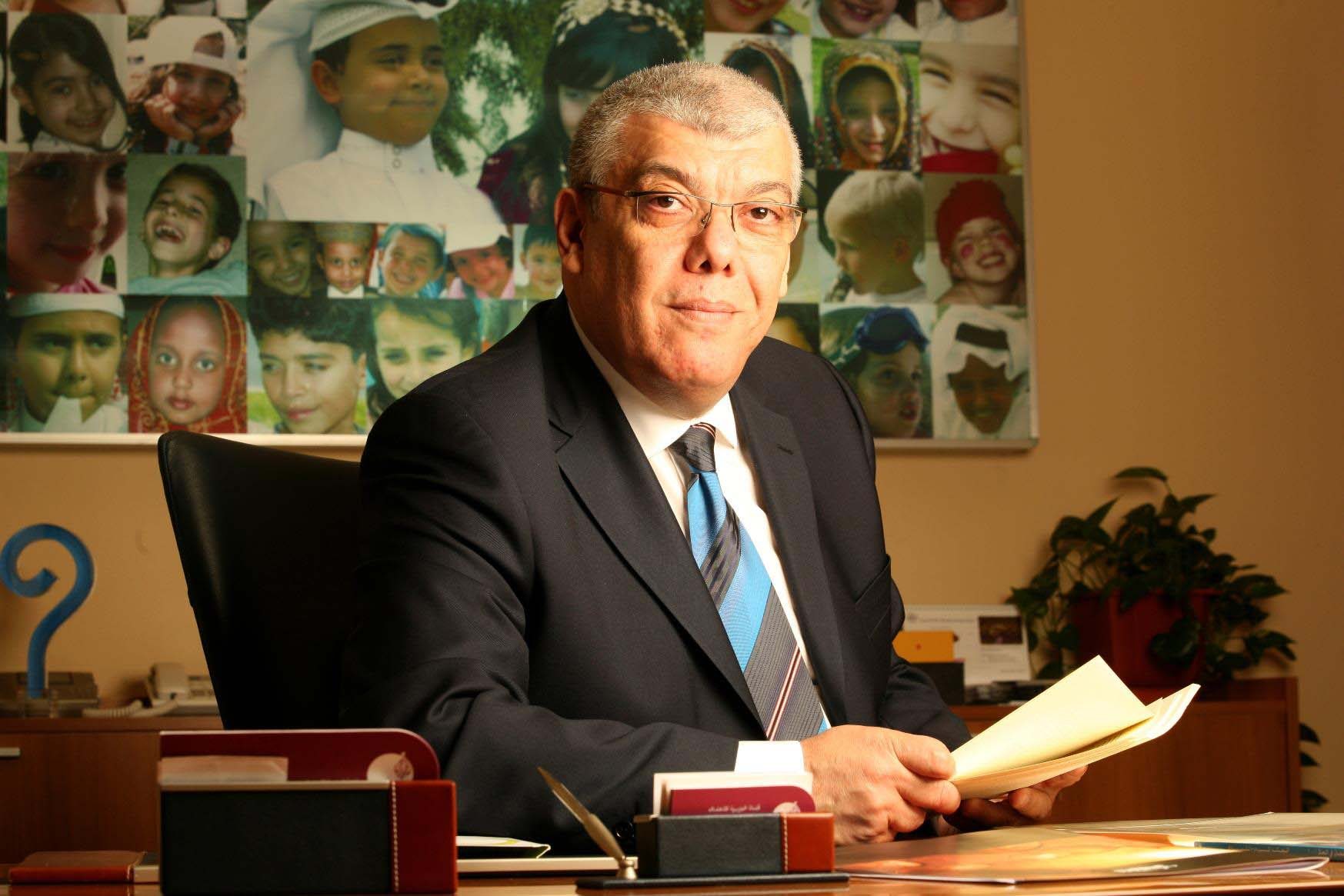
With reporting from Amin Isaac
Three former executives of Al Jazeera Children’s Channel (JCC) returned to a Doha courtroom Tuesday, more than two years after being fired from their positions and issued a travel ban amid accusations of financial impropriety.
During the hearing, officials from Qatar’s State Audit Bureau testified that they found insufficient supporting documentation for several travel claims and that former manager Mahmoud Bouneb signed dozens of contracts over an eight-year period without obtaining the required co-signature of a board member.
However, they said they found no evidence that any money went missing or was improperly spent. Bouneb – a Tunisian-Canadian who appeared in court with Moroccan Malika Alouane, his wife and former programming director of the station, as well as Palestinian Haitham Qudaih, a former cost controlling manager – called the ongoing proceedings “shameful.”
While admitting in an interview with Doha News to “administrative transgressions,” the 58-year-old said he always operated within the appropriate framework and that none of his actions came close to criminality.
“There were no clear violations,” he said.
Bouneb attributed his mistakes to the stress of managing a TV studio with a heavy production schedule.
“Sometimes, you need to make a decision on the spot.”
Background
Bouneb moved to Doha in 1999 and began working to launch JCC – which was owned by Qatar Foundation until the Al Jazeera Media Network acquired it earlier this year – in 2003.
After eight years with the station, he and roughly 30 members of the channel’s senior staff were terminated. In short order, a travel ban was placed on several of those who were sacked. They have since been lifted, except on Bouneb, Alouane and Qudaih.
Bouneb said the three stand accused of mismanaging approximately QR3.1 million (US$851,460) over eight years.
Last year, separate investigations by the Qatar National Audit Bureau and accounting firm Ernst & Young cleared the trio of any criminal wrongdoing. The E&Y report stated:
“The committee concludes that what was possible to note from the inspection was that there are some administrative misconducts.
However, there is no way to say that the Channel’s employees, whose names appear in the claim, have committed any embezzlement crimes or harmed intentionally the Channel funds.”
Nevertheless, the three, who have not been jailed, were formally charged earlier this year (see timeline).
The accusations
Contracts valued at more than US$1 million (QR3.64 million) required the signatures of both Bouneb and a member of the JCC board. However, National Audit Bureau investigators found 62 contracts that lacked a second signature.
Bouneb said most of these related to the station’s satellite uplink, staff housing or commissioned programs. In many cases, they were time-sensitive arrangements that would have been jeopardized if there was a delay in finalizing the agreement, he said, adding that it was not always possible to obtain a second signature in a timely manner.
Bouneb argued his actions were “needed” and that the contracts were examined in annual external audits as well as regular financial reviews by the board.
“If there were problems during the eight years of my management, would they not have been raised before now?”
National Audit Bureau investigators also examined Bouneb’s travel claims and found that all expenses were supported by receipts and that in most cases, the justification for trips were properly documented. In a few cases, however, a form explaining the purpose of the trip was not filed.
Bouneb told Doha News that his office almost always filled out the proper paperwork and that any missing forms were “exceptions.”
It was also suggested during Tuesday’s four-and-a-half-hour hearing that Alouane kept possession of a company-provided residence while collecting a housing allowance that she started receiving after the couple got married.
Bouneb called that accusation “nonsense.” He said Alouane, 45, moved into his villa after they married and informed the channel’s human resources department that her residence was vacant.
“What is the use of keeping two houses in the same compound?” he asked.
What’s next
The trio’s next court hearing is scheduled for Dec. 26. In the meantime, they remain unable to leave or work in Qatar due to kafala system rules, which is taking its financial toll.
Qudaih, 37, told Doha News in September that he had already depleted his savings, while Bouneb said he has cashed in his pension in Switzerland, where he was based for 17 years.
Bouneb said that from his perspective, more than a decade of “loyalty and full transparency” to Qatar has been answered with an “immoral” prosecution lacking any serious allegations of criminality.
“No fraud, no embezzlement, nothing,” he said. “They’ve taken two years of our lives.”







